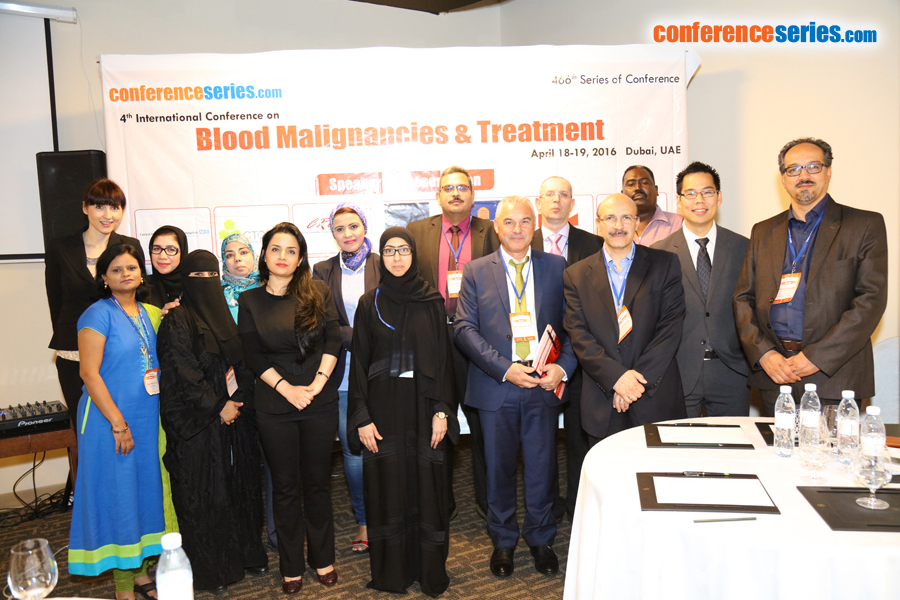
Lamya Mohamed Ibrahim
Advanced Center For Daycare Surgery, UAE
Title: Association of MDR1 Gene Polymorphism (G2677T) with Imatinib Response in Egyptian Chronic Myeloid Leukemia patients
Biography
Biography: Lamya Mohamed Ibrahim
Abstract
Despite the excellent efficacy results of IM treatment in CML patients, resistance to IM has emerged as a significant problem. Genetic variations in genes involved in drug transportation might influence the pharmacokinetic and metabolism of IM. The genotype of a patient is increasingly recognized in influencing the response to the treatment. The aim of this study was to investigate the genotype frequencies of SNPs G2677T in CML patients undergoing IM treatment and to determine whether different genotype pattern of these SNPs have any influence in mediating good response and resistance to IM. A total of 96 CML and 30 control samples were analyzed for MDR1 gene (G2677T) polymorphism using PCR- RFLP technique. Genotype distribution revealed increase in GG, GT (34.4%, 46.9%) and significant decrease in TT (18.8%) genotype frequencies in CML patients compared to controls(p=0.257, 0.326, 0.017 respectively). Patients in accelerated and blastic phases had higher GT genotype frequency compared to patients in early phases (p<0.001). The resistance incidence correlated with G allele. GG and GT genotypes were higher in CML patients showing imatinib resistance compared to sensitive CML patients (P = 0.893, 0.002). Meanwhile TT genotype was shown significantly to be higher among imatinib sensitive group with (p<0.001). GT genotype was found to be a significant predictor of IM resistance risk (p=0.002). GG genotype was not proved to be significant indicator of resistance risk (p=0.893). On the other hand, TT may be a protective factor against imatinib resistance in CML patients (P<0.001). Determination of G2677T MDR1 polymorphisms might be useful in response prediction to therapy with Imatinib in patients with CML.

